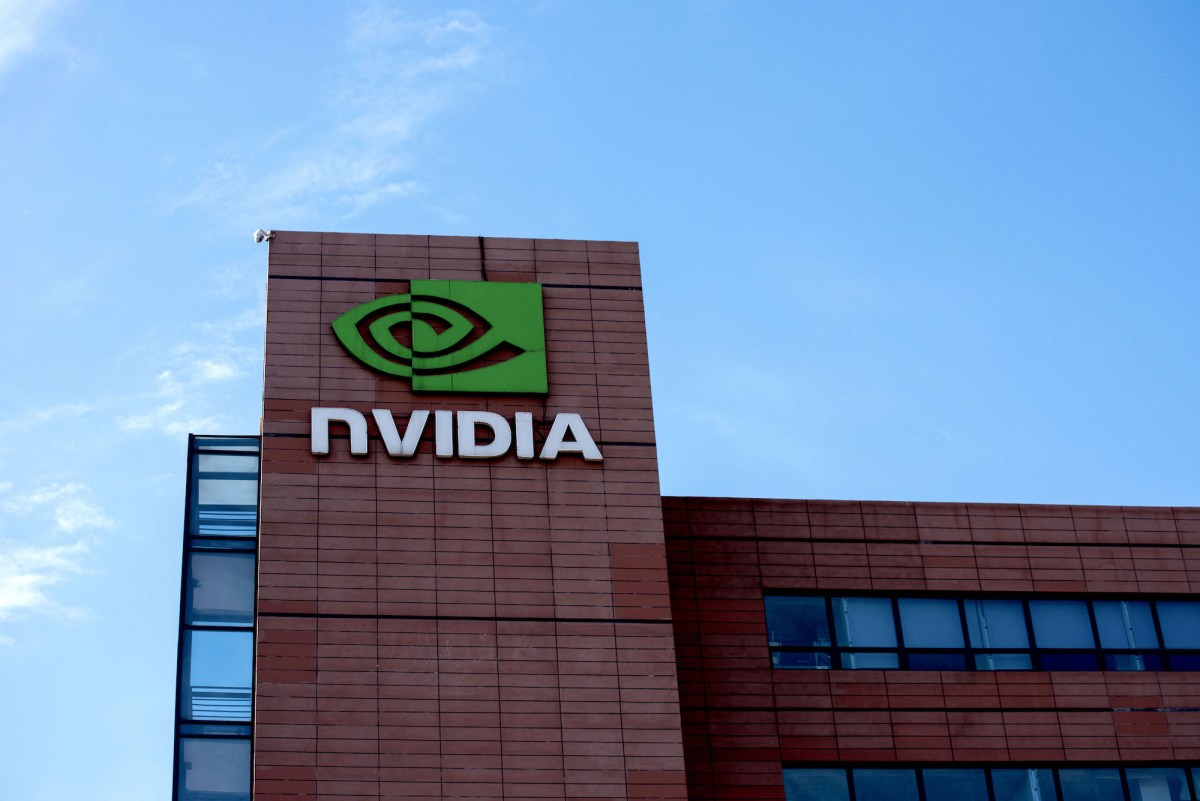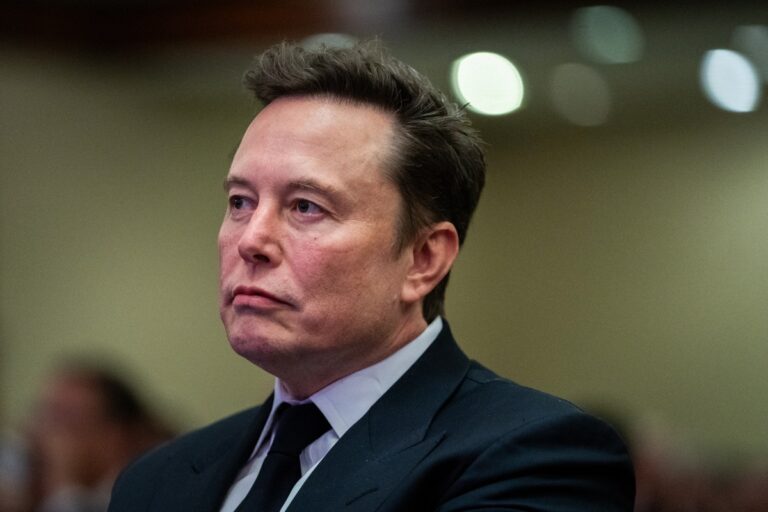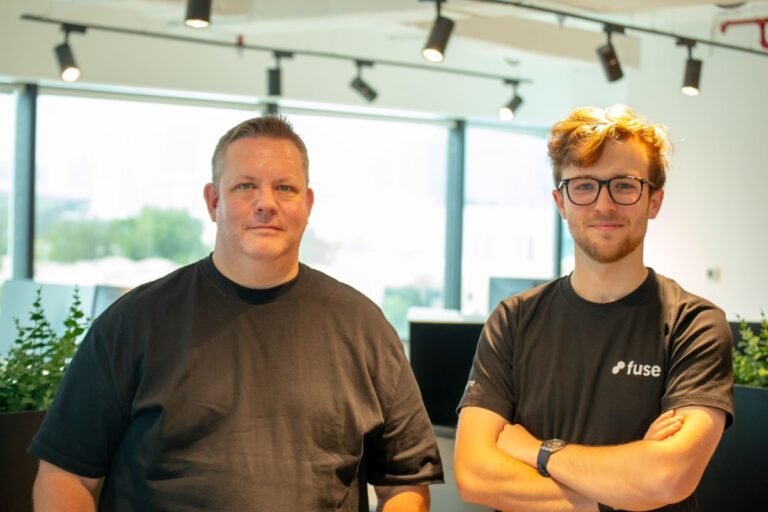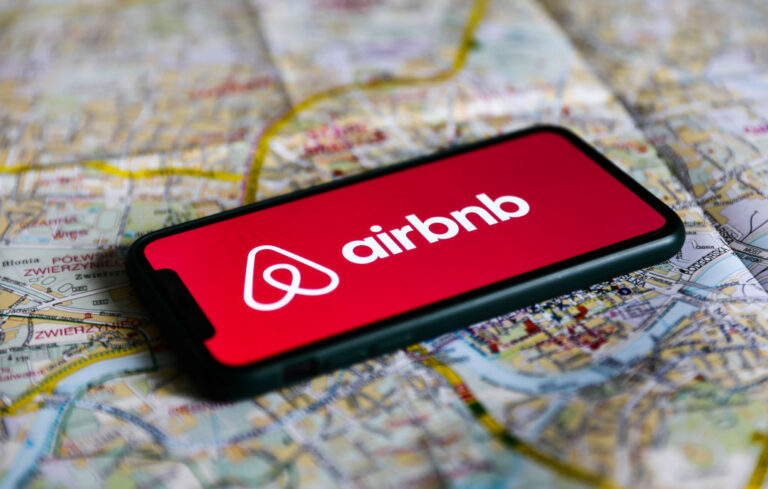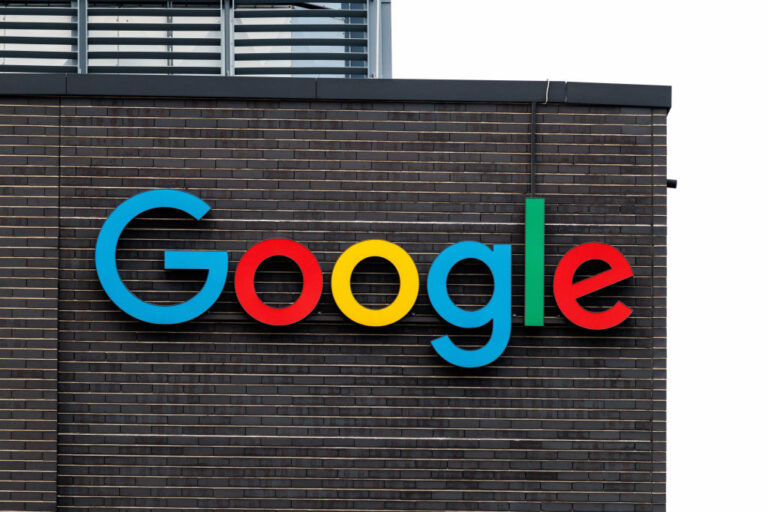Nvidia’s H20 AI Chips Escape Export Controls — What This Means for the Future
Nvidia CEO Jensen Huang has successfully negotiated a pivotal agreement with the Trump administration, allowing the company to avoid export restrictions on its cutting-edge H20 AI chips. This development highlights the ongoing intersection of technology and policy in the realm of artificial intelligence.
Nvidia’s H20 AI Chips: A Strategic Asset
The H20 chip, recognized as Nvidia’s most advanced AI processor eligible for export from the U.S. to China, was spared from impending restrictions. This reprieve is believed to be a result of Huang’s commitment to invest in new AI data centers within the United States. According to NPR, the proposal was made during a dinner at Trump’s Mar-a-Lago resort last week.
Concerns Over Export Restrictions
The semiconductor industry had expressed concerns that the H20 chips, which are specifically modified to have lower performance, would face export restrictions. These chips were reportedly used by the China-based company DeepSeek to train its R1 open AI model, which gained attention for its performance that rivals models developed by U.S. firms like OpenAI.
- R1 AI Model: Released in January, R1 has been noted for its exceptional capabilities.
- Industry Reaction: Senators from both political parties have advocated for restrictions on H20 exports.
Policy Contradictions and Implications
While it may not be entirely unexpected that Trump agreed to pause certain chip restrictions in exchange for Nvidia’s commitment to invest in U.S. AI infrastructure, this decision seems to conflict with the administration’s broader objective of maintaining U.S. dominance in AI technologies. Complicating matters further is the administration’s choice to uphold the AI chip export rules established by former President Joe Biden in January, which impose strict export limits on nearly every country outside the U.S., particularly targeting China and Russia.
Nvidia has criticized these guidelines, labeling them as “unprecedented and misguided,” suggesting that they could hinder global innovation in AI.
Broader Industry Trends
Many AI firms aside from Nvidia have embraced Trump’s “America-first” strategy to gain favor with the administration. Notable collaborations include:
- OpenAI: Partnering with SoftBank and Oracle for a $500 billion U.S. data center initiative called the Stargate Project.
- Microsoft: Committing $80 billion for AI data centers in its 2025 fiscal year, with half allocated for projects in the U.S.
Furthermore, Trump has exerted pressure on partners like Taiwanese semiconductor giant TSMC, reportedly threatening substantial taxes if they do not establish new chip manufacturing facilities in the U.S.
This complex landscape of negotiations, investments, and policy decisions underscores the critical role of AI technology in shaping future economic and political landscapes. For more insights on the evolving AI industry and its implications, visit our AI Trends page.

